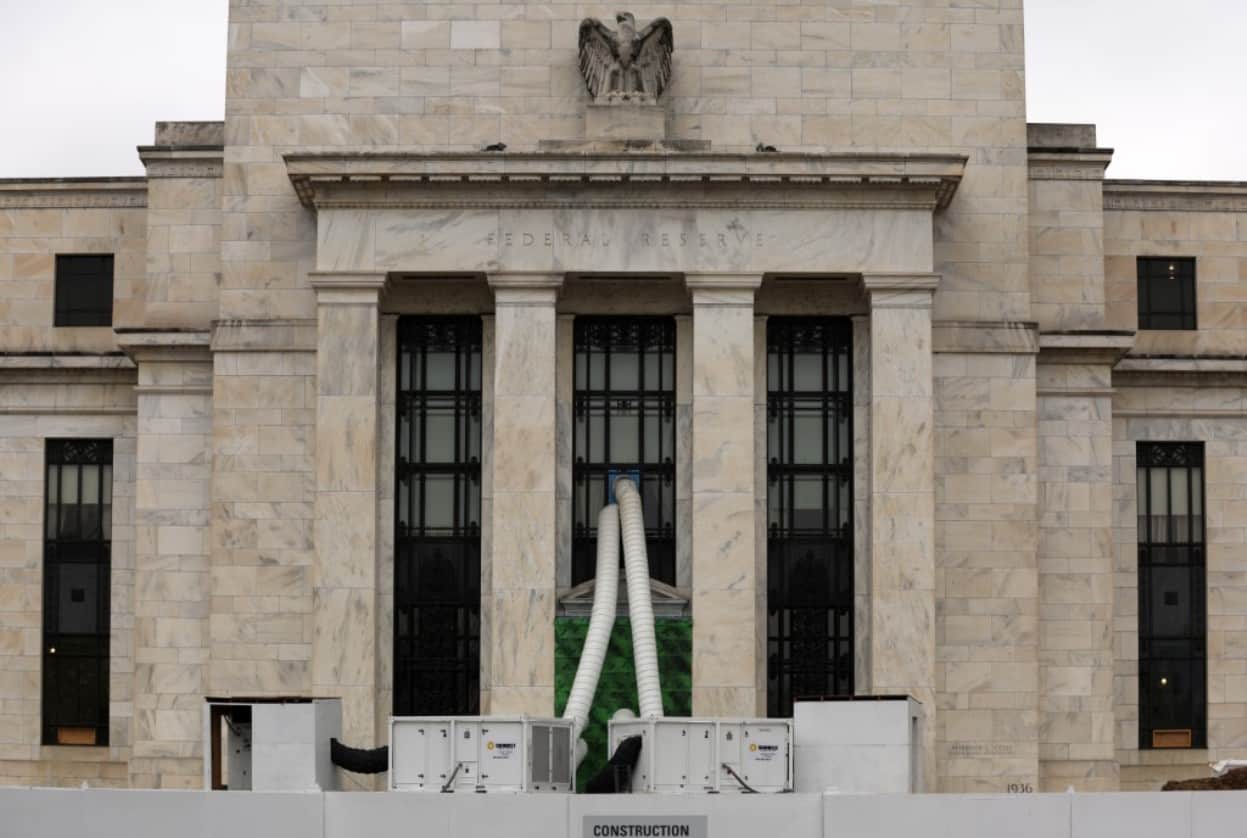LONDON, UK – Oil prices shot up three percent on Monday as more companies suspended shipping through the Red Sea following attacks on vessels by Yemen’s Iran-backed Houthi rebels.
US stocks meanwhile sought to continue last week’s rally on expectations that the US Federal Reserve will cut interest rates next year, though it appears to have lost steam in Asia and Europe.
The Iran-backed Houthi rebels said on Monday that they had attacked two “Israeli-linked” vessels in the Red Sea, the latest in a flurry of drone and missile strikes on vessels entering the waters, which are aimed at pressuring Israel over its war with Hamas in the Gaza Strip.
Five of the world’s six largest shipping companies have announced they will not send ships through the Red Sea. On Monday, British oil giant BP and Taiwan’s Evergreen became the latest to suspend transit.
Ships must travel through the Red Sea to use the Suez Canal, a key transit route for cargo and oil.
“Given the importance of the Red Sea and Suez Canal as a crucial transit point for both crude oil and natural gas, these suspensions mean that cargos face a lengthy diversion around the Horn of Africa which will add significant costs to company supply chains, as well as having significant inflationary impacts,” said market analyst Michael Hewson at CMC Markets.
Investors are also keeping tabs on the Bank of Japan’s meeting this week, though speculation it will shift away from a policy of not hiking rates has faded.
Equity indices are still set to end the year on a high note after the Fed suggested last week it would begin loosening monetary policy as US data shows inflation coming down and the economy on course for a soft landing.
The Dow and Nasdaq last week hit record highs on Wall Street as tech firms surged, but the buying frenzy slowed Friday as investors took a step back, which analysts said was to be expected after the advances.
The Paris CAC 40 and Frankfurt’s DAX indices also hit all-time peaks last week.
“We’re into the final furlong and unless there’s a big surprise then we’re looking at some very healthy gains for the most part in 2023,” noted Neil Wilson, chief market analyst at the trading group Finalto.
A number of Fed officials lined up last week to douse expectations they would slash rates next year. Some observers have predicted as many as six cuts, but the bank’s “dot plot” forecast saw three.
The Bank of Japan’s own decision is due on Tuesday, and while there has been talk it could soon shift away from years of ultra-loose policy, analysts do not expect it to do so for a few months.
Officials have kept rates in negative territory and stuck to a policy of controlling bond prices in a bid to boost the Japanese economy, but with inflation rising and the yen struggling, they are now said to be shifting.
“The BoJ has little need to rush into making policy changes,” economists at Societe Generale said in a research note. “But markets will be watching for any sign.”

